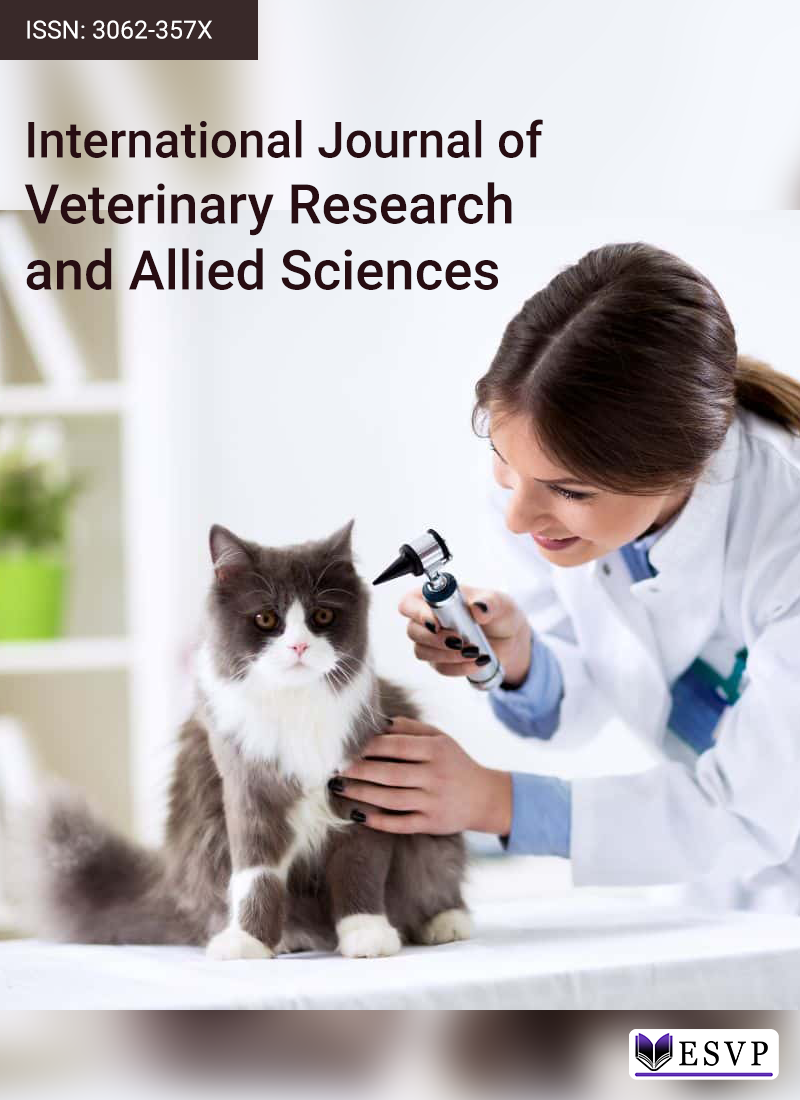
A study was conducted to examine how advances in veterinary technologies in reindeer husbandry are affecting the ability of Indigenous communities to adapt to climate change. The research was conducted in 2013 in the Anabar region of Yakutia, Russia. Permission for an interview was obtained from the herd manager, Roman Tuprin. Rising temperatures have led to the thawing of permafrost in the tundra, creating favorable conditions for the rapid proliferation of blood-sucking mosquito eggs and larvae. Between July 12 and July 28, reindeer faced relentless attacks, with no decline in mosquito activity. Entomological monitoring recorded mosquito populations ranging from 3,328 to 6,080 individuals. During this period, the animals suffered from acute entomosis and various health complications. The herd became restless and moved in chaotic circles until exhaustion set in, leading to the deaths of up to a thousand or more reindeer. The use of veterinary technology for mosquito protection plays an important role in safeguarding reindeer, while veterinary support in domestic reindeer breeding helps sustain the indigenous populations of the North.